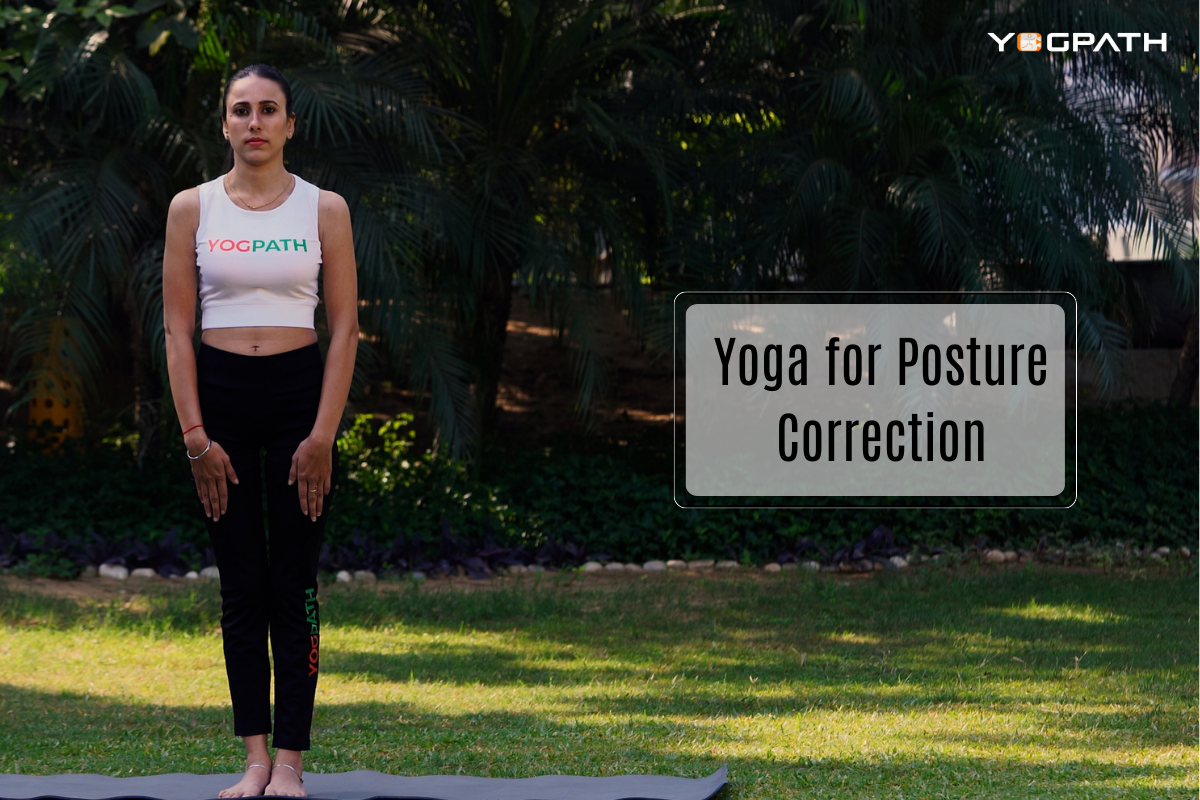
Stories about rising anxiety and anxious feelings, as well as articles offering advice on how to cope with this phenomenon, dominate news headlines all over the world. Yoga’s cognitive benefits make it a viable option. Many yogis will attest that their outlook and mental state have improved as a result of their regular practise. However, how exactly does yoga influence your mental wellbeing? Here are the top five ways in which yoga can benefit your mental health.
1) A reduction in depressive and anxious feelings
Because of its many benefits, including physical activity, mental clarity, and connection with others, yoga is often recommended as a means of combating stress and depression. Because it can help you manage your stress response, clear your mind of distractions so you can focus on the here and now, and calm your nervous system, yoga can be a useful tool for reestablishing equilibrium and calm in the midst of a chaotic life.
In addition, unlike pharmaceutical options, yoga can help you relax and lessen your anxiety and nervousness simply by lowering your heart rate, breathing rate, and blood pressure.
2) Lessen the impact of post-traumatic stress disorder and related conditions
PTSD is just one form of stress that may be alleviated through yoga practise (PTSD).
Sleep, positive affect, perceived stress, anxiety, stress, and resilience were all found to improve more in the kundalini yoga group than in the control group, according to a study conducted by researchers at the Centre for Addiction and Mental Health in Toronto, Canada and Brigham and Women’s Hospital at Harvard Medical School.
3) Improve your ability to focus and remember things
Is it difficult for you to concentrate on common activities? If this describes you, giving yoga a try may be just what you need to reacquire the focus and concentration necessary to get things done.
Due to the concentration demands of the practise, yoga has been shown to benefit both working memory and attention span. Focusing inward and listening carefully to your body is essential in yoga’s balancing postures, but so is finding a point of reference to keep from injuring yourself by going too far beyond your limits.
Standing on one foot in tree pose forces you to concentrate on your form rather than your thoughts or feelings, which can help you relax your mind, calm your senses, and sharpen your concentration. Ability to remember can be improved by clearing out unnecessary thoughts.
4) Raise your spirits
How often do you feel your mood fluctuating? To the contrary, do you find that you are perpetually grumpy or downcast? A small study may come as good news, then, because it found that regular yoga practitioners had higher levels of the neurotransmitter GABA than those who didn’t. You may be wondering, “What is GABA?” The way you feel is due to the presence of this neurotransmitter in your brain.
Depression, anxiety, and other unfavourable states of mind may be experienced by those with low levels. Yoga’s ability to raise GABA levels can be used as a tool for overcoming depression and other negative emotions and replacing them with more positive ones.
5) Avoid mental decline by maintaining a youthful mindset.
Another positive effect of yoga on your mental state is that it helps keep your brain young and active right up until the very end of life. Improvements in cognitive ability and neuroplasticity, especially in older people, have been observed among yoga and meditation practitioners. Therefore, yoga is an excellent method to maintain physical and mental vitality and a youthful, oxygenated, and peaceful state of mind.
The benefits of yoga for your body and mind
Yoga may be the answer you’ve been looking for if you’re looking to reduce the effects of stress in your life, treat mental health issues like depression, PTSD, and anxiety, or just boost your mental well-being and performance.
Consistent practise, as opposed to relying on drugs that alter your mind, will yield long-lasting, all-natural results that support rather than undermine your health and well-being.











